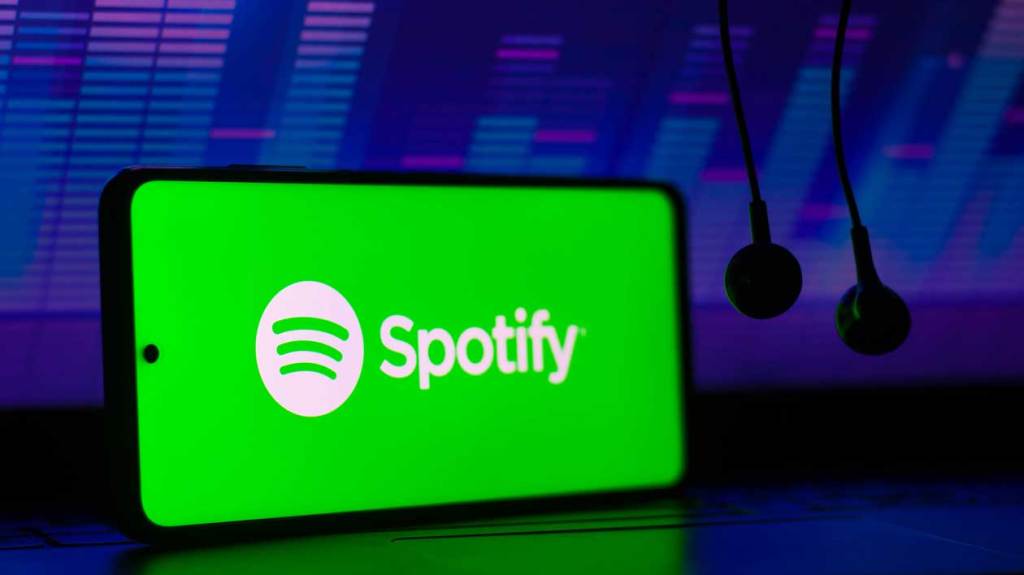Spotify is on such a hot streak that the streaming company nearly hit a $100 billion market cap this week. After the company's third-quarter earnings showed cost-cutting led to record profitability, shares peaked at a new all-time high of $489.69 on Thursday (Nov 14), briefly pushing its market capitalization above $98 billion. However, the stock fell on Friday (November 15) to a final closing price of $458.32, valuing the company at $92.04 billion. dollars. While the stock was still up 14.5%, it marked a slight disappointment from its previous high.
During the height of the pandemic, Spotify benefited from a rush in streaming stocks as consumers spent more time with audio and video. Investors were also attracted to its push into podcasts, which provided an opportunity to improve margins on its core music service. But investors eventually tired of Spotify's mantra of growth over profitability, sending the company's share price from $387 in February 2021 to below $70 in November 2021. Spotify shares gained 138% in 2023 and have already increased by 144% in 2024.
After delivering solid results and showing investors a path to higher profitability, Guggenheim raised its price target for Spotify to $500 from $420 and raised its estimate for 2025 operating profit to 2.5 billion euros (2.63 billion dollars) from 2.1 billion euros ($2.21 billion). Analysts cited management's confidence in utilization growth and the ability to raise prices and further improve margins. Morgan Stanley raised Spotify to $460 from $430, also citing the company's ability to raise prices further and “management's commitment to financial discipline and increasing profitability.” At JPMorgan, analysts raised Spotify to $530 from $425 for the aforementioned reasons, in addition to the stock's impending inclusion in the MSCI World Index on November 25.
A group of analysts also raised their price targets for Live Nation after the company's earnings report on Monday (November 11), which showed the promoter achieved record adjusted operating income in the third quarter. Among them: Rosenblatt Securities ($146 from $123), Goldman Sachs ($148 from $132), Benchmark ($145 from $108), Evercore ISI ($150 from $110), Oppenheimer ($155 from $120) and Wolfe Research ($152 from $1). Shares of Live Nation ended the week at $129.00, up 4.9% and hitting a new intraday high of $130.83 on Friday.
Spotify's big gain was the main reason Billboard's global music index rose 5.8 percent to 2,162.50, despite just six of its 20 stocks ending the week in positive territory. The unweighted index measures the total market values of the 20 member companies. Spotify is the most valuable company in the index and is more than double the value of the next company, Universal Music Group (UMG). The week's other five gainers are among the index's largest companies: Live Nation, CTS Eventim, JYP Entertainment, HYBE and SM Entertainment all have market capitalizations exceeding $1 billion.
Stock markets suffered a post-election hangover this week that halted the gains seen after Donald Trump won the presidential election on November 5. In the United States, the Nasdaq fell 3.1 percent and the S&P 500 fell 2.1 percent. The UK's FTSE 100 lost just 0.1%. South Korea's KOSPI composite fell 5.6%. China's Shanghai Composite lost 3.5%.
Despite the KOSPI's drop, K-pop stocks — which rallied in the second half of the year and are now off a collective 20.2% year-to-date — were broadly higher. JYP Entertainment gained 8.2%, HYBE improved 3.2%, SM Entertainment added 2.8% and YG Entertainment rose 2.7%.
On the live front, Sphere Entertainment Co. fell 8.6% after its latest earnings showed a slowdown in revenue in the Sphere division, with Macquarie cutting its price target on the company to $45 from $47. And in MSG Entertainment ( MSGE ), shares fell 6.8% to $40.00 after Bernstein cut its MSGE price target to $44 from $45 earlier in the week.
In radio, Cumulus Media fell 19.3% to $0.71 after it reportedly made layoffs at stations in Central Pennsylvania, Indianapolis, Detroit and San Francisco as part of broader job cuts ahead of the holiday season – all after recent layoffs at rival iHeartRadio . Elsewhere music streamer LiveOne fell 12.4% to $0.78 this week.
Bulletin board

Bulletin board

Bulletin board



